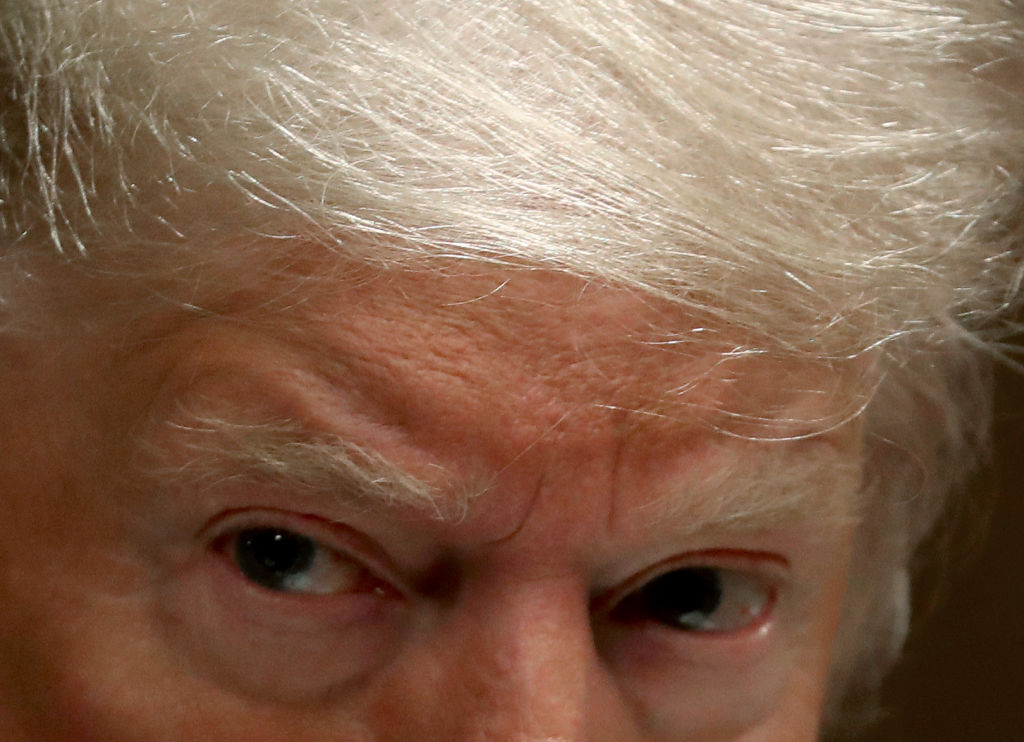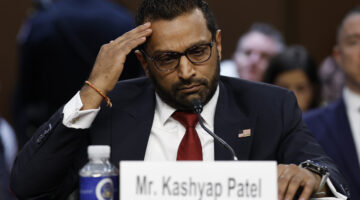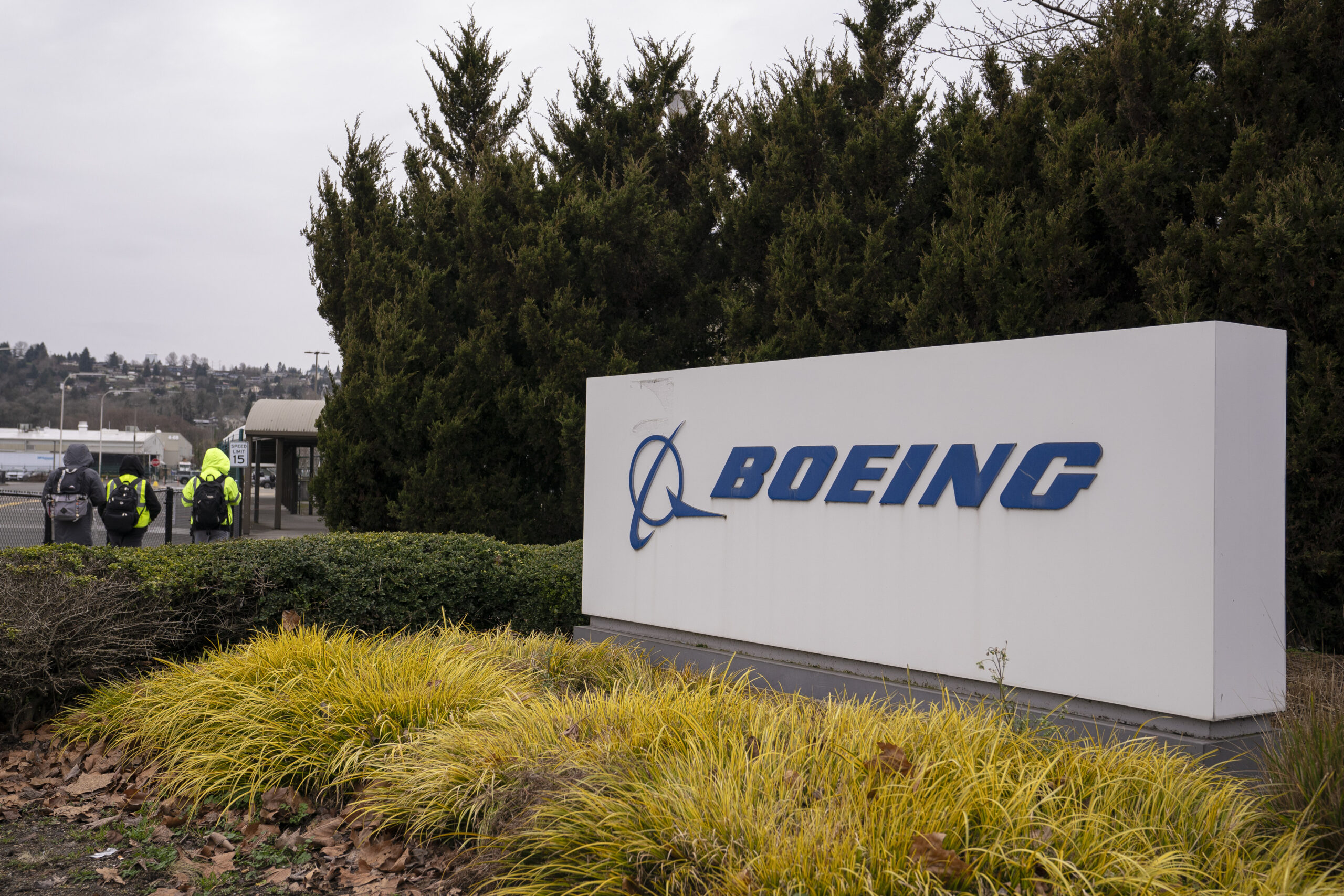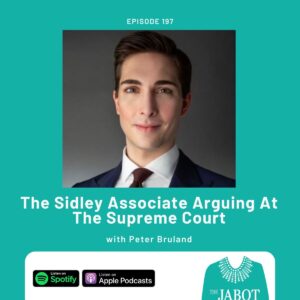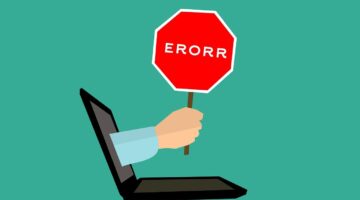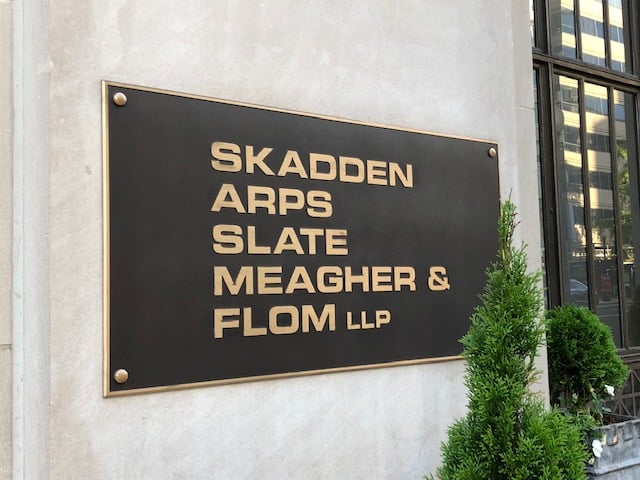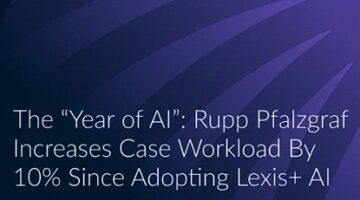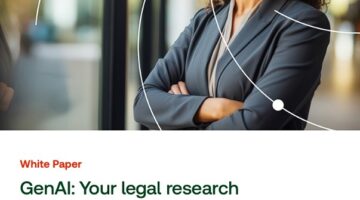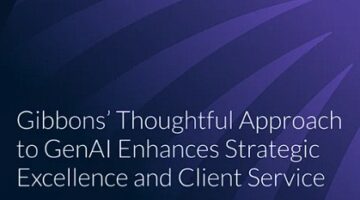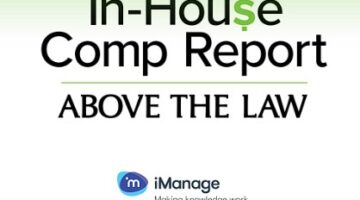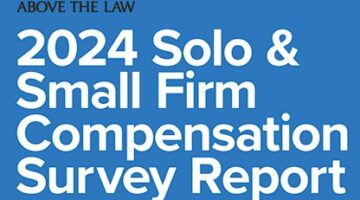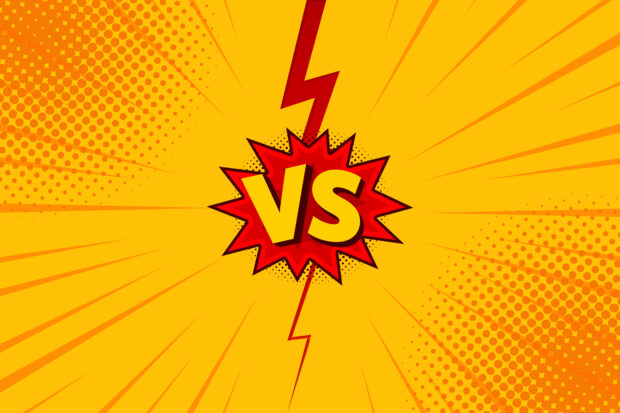

Morning Docket: 04.25.25
* Skadden facing an NLRB probe over its decision to block firm emails to squelch talk about its Trump deal. [Bloomberg Law News]
* Trump prepares to strip ABA of its role accrediting law schools. If you have a copy of Contracts for Dummies and a dream… prepare to get your grift on! [Reuters]
* Meanwhile, the ABA sues Trump administration over arbitrary and capricious spending cuts that triggered layoffs. [Law.com]
* Uproar over Cal bar using AI before final vetting in its question development workflow has the UK checking up on its process. [LegalCheek]
* D.C. Circuit, hearing Judge Newman matter, baffled by the idea that the Constitution that says judges serve for life unless they resign or are impeached might actually mean that judges serve for life unless they resign or are impeached. Why can’t they shadow impeach their colleagues… you know, as a treat. [Law360]
* Time to break up Google… [Guardian]
* Biglaw in the midst of Saudi gold rush. Er… “black gold”… “Texas tea.” [LawFuel]

Judge Turns Insurance Dispute In To Navel-Gazing Enterprise — See Also
Is This A Judicial Opinion Or Freshman Philosophy Hour?: Next up, a hamburger contract breach that asks how many angels can dance on the head of a pin?
Signs Before The Fall: Both Kirkland and Simpson lined Trump associated lobbyist’s pockets before they knelt.
Interested In Public Interest?: Here are the schools that should be on your radar!
Check Out This Football-Related Opinion: Judge Wilken sides with the students.
Musical Canadian’s Legal Team Takes Offense At Kendrick’s Halftime Show: They argue not saying the word still rises to the level of defamation.

A Big Thanks To ATL’s Advertisers
We love working with you.

Sky High Turnover In The General Counsel Role
Last year was tumultuous!

Less Talking At, More Talking With
How do we share that what is important to lawyers today is also important to the country at large?

